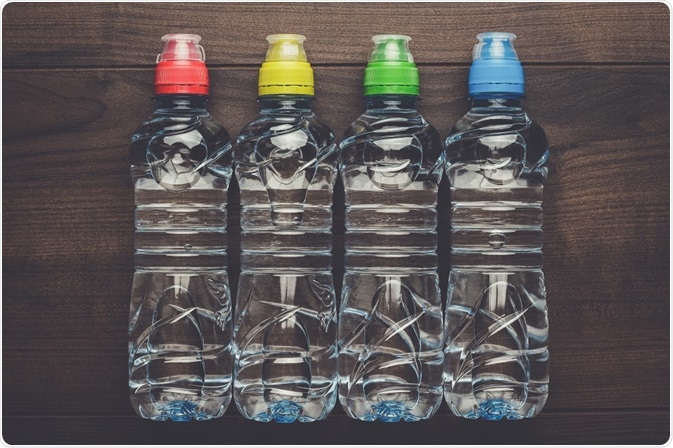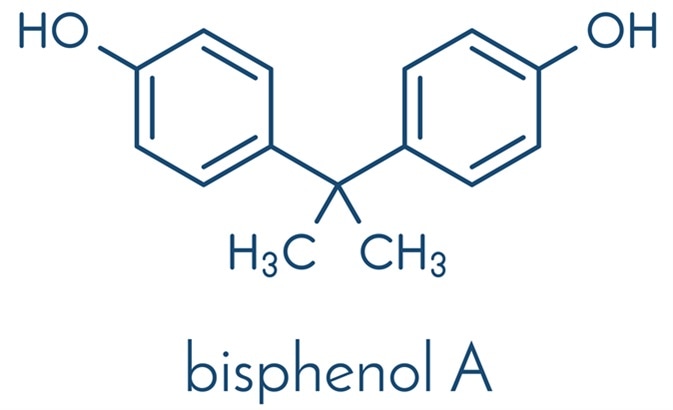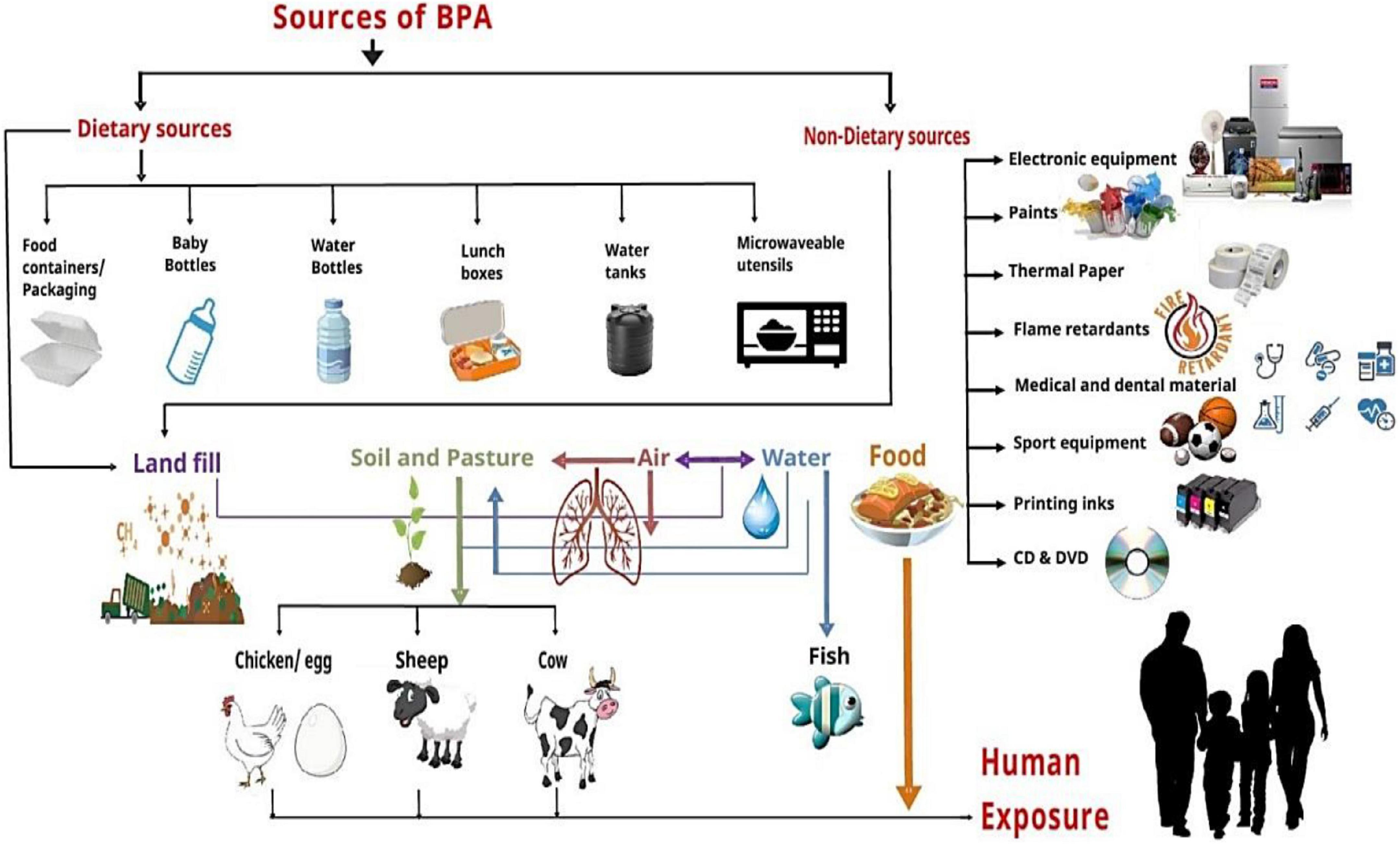Reducing exposure to bisphenol A (BPA)
4.5 (704) In stock

Bisphenol A (BPA) is an inorganic compound used in the production of polycarbonate (PC) plastics and epoxy resins. PC plastics are hard and are used in manufacturing baby bottles, reusable water bottles, food containers, tableware, and other storage containers. Epoxy resins are coated on the inner linings of metal containers such as food cans, bottle tops, and water supply tubing, in order to prevent corrosion of the metal leading to contamination of the stored food products.

Bisphenol A (BPA) Health Effects

What BPA can do to our bodies—and how to limit your exposure

Infographic possible sources of BPA exposure for people and the environment

Minimize BPA Exposure - Dimensions of Dental Hygiene

Bisphenol A: ANSES demonstrates potential health risks and confirms the need to reduce exposure Anses - Agence nationale de sécurité sanitaire de l'alimentation, de l'environnement et du travail

Interventions needed to reduce exposure to obesity-promoting chemicals

Human exposure to BPA and its consequent metabolism

Frontiers An insight into bisphenol A, food exposure and its adverse effects on health: A review

Bisphenol A and its analogues in outdoor and indoor air: Properties, sources and global levels - ScienceDirect

Human health risk assessment of bisphenol A (BPA) through meat products - ScienceDirect

Browse From huge selection Here Can Freezing Plastic Water Bottles
Which Items In Our Kitchens Contain BPA? : The Salt : NPR
Brands that Contain BPA & Why You Should Care
5 Not-So-Obvious Sources of BPA Lurking in Your Kitchen
- Oversized Padded Denim Jacket
 Woman Slimming Swimsuit Wide Shoulder Straps Swimsuit for Photography Bathing Suit Swimwear Blue M
Woman Slimming Swimsuit Wide Shoulder Straps Swimsuit for Photography Bathing Suit Swimwear Blue M stormieariel: New Mom Survival Bins
stormieariel: New Mom Survival Bins- SGAwear
 U&C Cotton Non-Padded Bra For Women (Red-36 , Cup Size: B) Women Full Coverage Non Padded Bra - Buy U&C Cotton Non-Padded Bra For Women (Red-36 , Cup Size: B) Women Full
U&C Cotton Non-Padded Bra For Women (Red-36 , Cup Size: B) Women Full Coverage Non Padded Bra - Buy U&C Cotton Non-Padded Bra For Women (Red-36 , Cup Size: B) Women Full Lululemon Align High-Rise Pant 28 - Lip Gloss - lulu fanatics
Lululemon Align High-Rise Pant 28 - Lip Gloss - lulu fanatics

